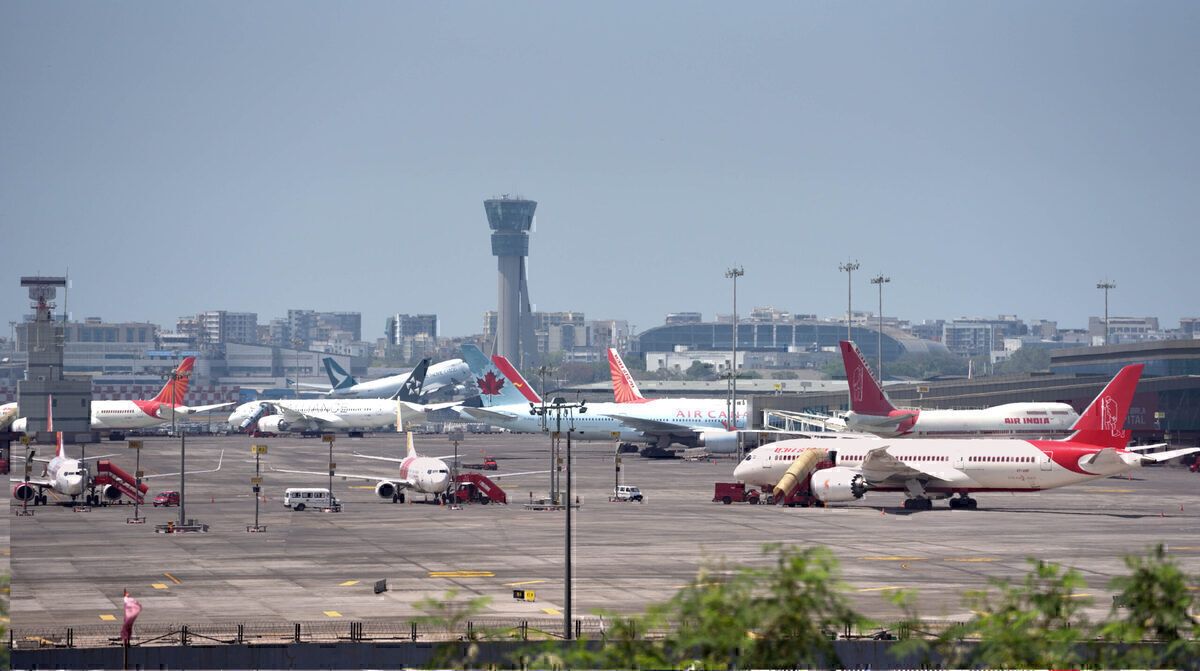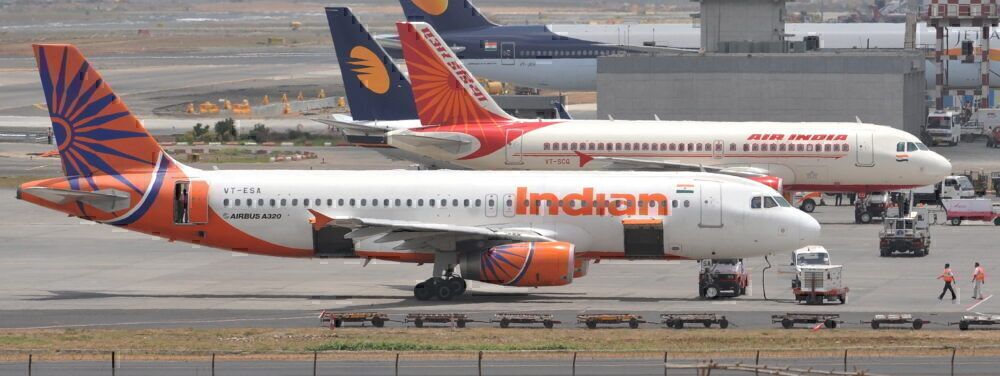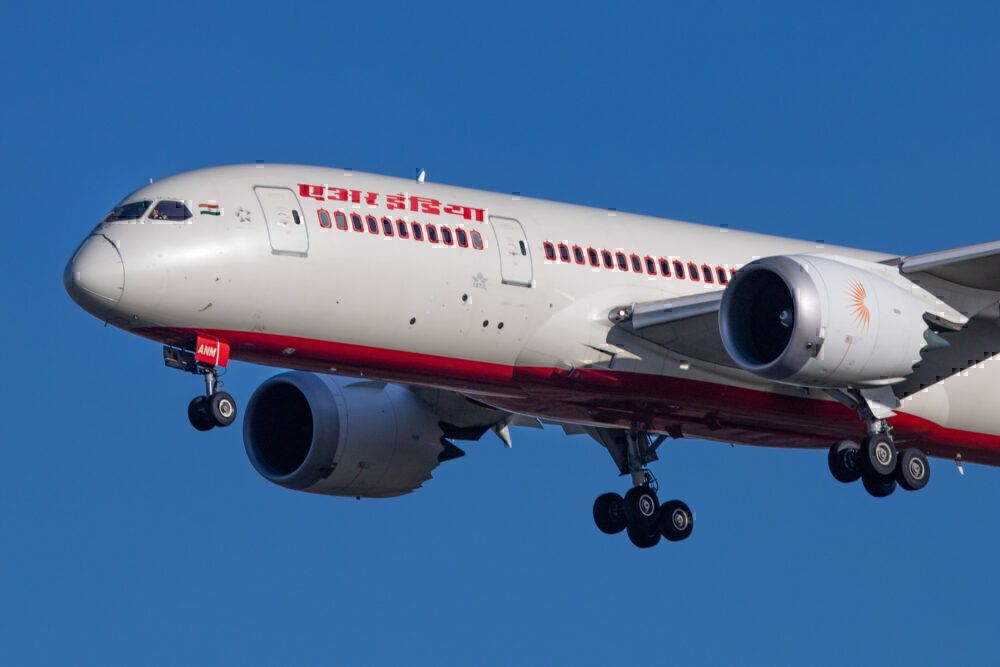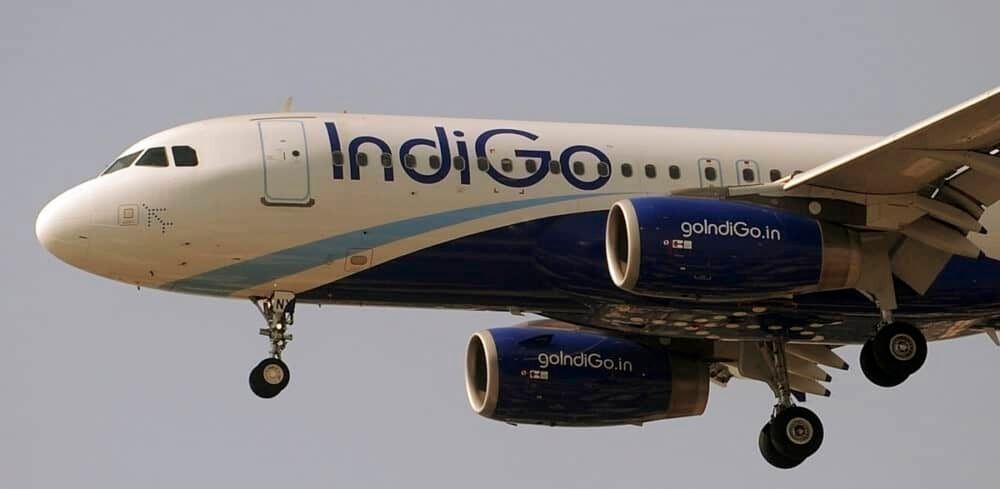India has extended its ban on international flights to 31 January, the Directorate General of Civil Aviation (DGCA) announced today. India was set to lift the ban on international flights on 31 December after nine months of restrictions before today's changes.The country will also extend its suspension of India-UK flights until 7 January due to increasing concerns over the mutated COVID-19 strain circulating throughout the UK.
International flights will be suspended until February
Since the outbreak of the pandemic, India has suspended international flights to curb the spread of the virus. Restrictions were due to be lifted on 31 December before the DGCA extended the ban by a month. Now international flights will have to wait until at least the beginning of February - India has extended its ban multiple times this year and may do so again.
While domestic flights eventually resumed after a couple of months, only a small number of international flights have since been carried out. However, during the ban some flights may be allowed on a case-by-case basis. According to the DGCA,
"International scheduled flights may be allowed on select routes by the competent authority on a case-to-case basis."
The DGCA has confirmed that the ban applies to scheduled international flights - international cargo operations and DGCA-approved international flights will still be allowed to fly.
Despite the ban, many international flights have taken place under the Vande Bharat Mission to repatriate Indians stuck worldwide. India has also established several air travel bubbles with countries including the UK, USA, and Japan. While these travel bubbles will remain in place, general international flights will no longer resume at the start of 2021.
International travel slows down due to new strain concerns
With mass vaccination programs on the way worldwide, many in the aviation industry were hopeful of a quick resurgence. However, countries across the globe have been shutting their borders as a new, more-infectious strain of COVID-19 circulates.
The new strain, which first emerged in the UK, led to over 40 countries banning flights from the UK. The mutated COVID variant is said to be up to 70% more infectious and has caused a record number of infections in the UK. India had an air travel bubble with the UK but recently decided to suspend all flights until 31 December. This has since been extended to 7 January:
India's resurgent aviation industry takes a blow
India's aviation industry has dealt better with the pandemic than most countries. While the country initially took the unprecedented step of canceling all domestic flights in late-March, by May they were up and running again and are now operating at 80% of pre-COVID levels. With all international flights now banned for at least another month, Indian airlines have a lot less to be optimistic about.
Has India made the correct decision to keep its borders closed? Let us know your thoughts in the comments.




